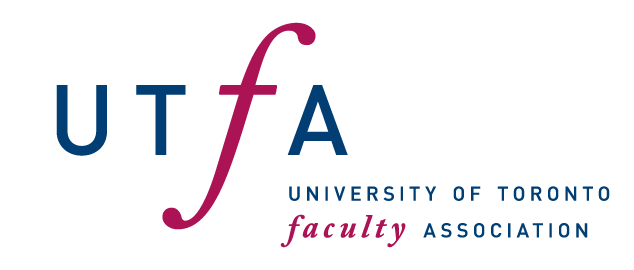What you need to know if you support conversion to the University Pension Plan:
Over the coming weeks, if you choose to support the proposed pension plan changes, you will be asked to give your consent. The way in which you are asked to register your consent will differ depending on whether you are part of a trade union or faculty association, a non-union employee or a retired or former member. Here is what you need to know.
How does the consent process work?
In the coming weeks and months, you’ll be part of an important decision on the future of university- sector pensions in Ontario. A vital part of this process is securing consent. The Ontario Pension Benefits Act (the “PBA”) and regulations require that at least two-thirds of the total members of each of the current plans provide their consent for the conversion to the University Pension Plan (UPP) in order to proceed.
We have received lots of questions about how that two-thirds is calculated. All members have their say, but not all in the same way.
- Unions and faculty members: The PBA provides for a trade union to consent on behalf of the members that it represents. This provision also includes the faculty associations. The faculty associations and unions will set their process for consulting members. In both cases, once the members decide how they want their faculty association or union to proceed, their votes will then be counted as a block. The USW and faculty associations will be conducting their process in early February. If you want more information about how they are organizing these votes, please contact them directly.
- Non-unionized members: For members who are not part of a union or faculty association, they will have to provide consent individually. It will be up to each non-unionized member to consent as an individual once they receive their notice and consent packages, which will be distributed by March 25, 2019. Any non-unionized member who does not return their consent form will be deemed not to consent.
- Retired/Former members and others in receipt of a pension: Retired and other members will also receive packages in the mail, but no action is required on their part if they consent to the change. They may register an objection by returning the objection form that will be included in their notice package. In this case, a “no response” is deemed to be consent and, as long as no more than one-third of this group say no, then the conversion can proceed.
- Final tally: After the separate consent processes are completed, the results from the unions, faculty associations and non-union members’ votes are then combined, and if a total of two thirds of total active members of each pension plan have consented, with no more than one-third of the retired (and others) in each plan objecting, the UPP can proceed.
Preserving a defined benefit pension plan for university sector employees
The administrations at the University of Guelph, University of Toronto and Queen’s University strongly support the move to the UPP as a means to sustain a defined benefit pension plan in the university sector. Traditional defined benefit pension plans face significant sustainability pressures and in recent years, we have seen the growing demise of defined benefit pension plans across the country. Some form of change is both necessary and inevitable if the university sector is to preserve defined benefit pension plans in the future.
The UPP timeline is available on the HR & Equity website.
What else are plan members asking?
The Frequently Asked Questions section of the UPP website has been updated. Take a look to learn more about the proposed UPP and how it will work.
Stay informed
Sign-up for UPP Updates to receive alerts and the latest information. Your questions are important.
Email info@universitypensions.ca or Richard Ashmore, Pension Specialist, at richard.ashmore@utoronto.ca.
